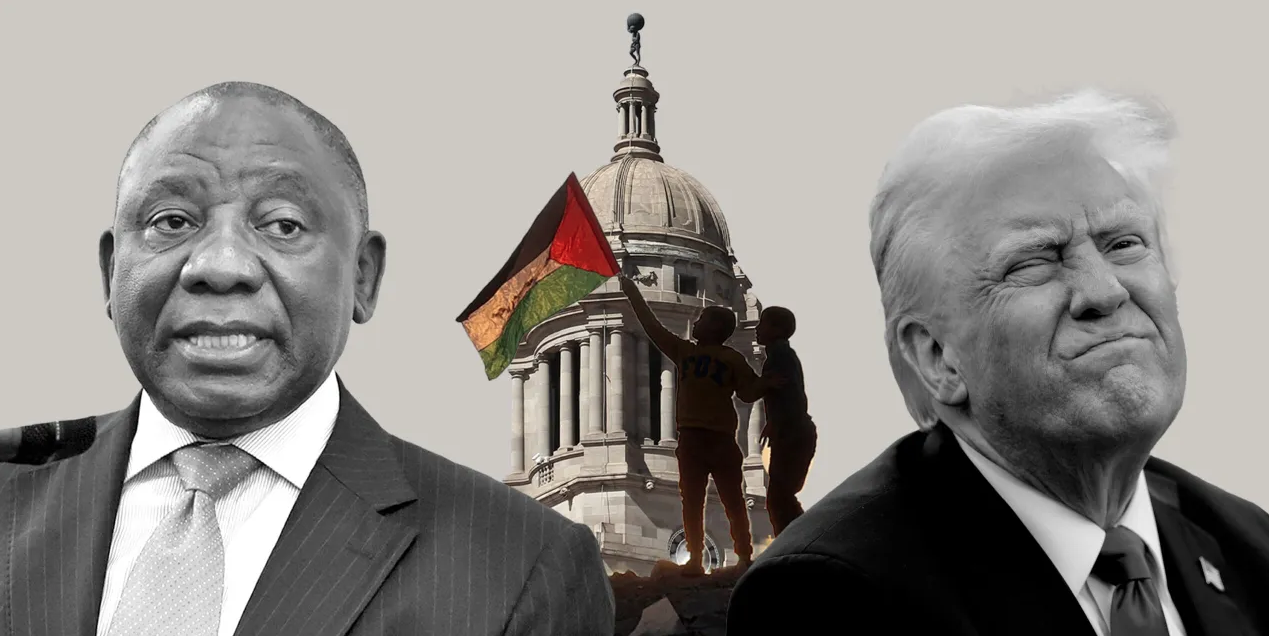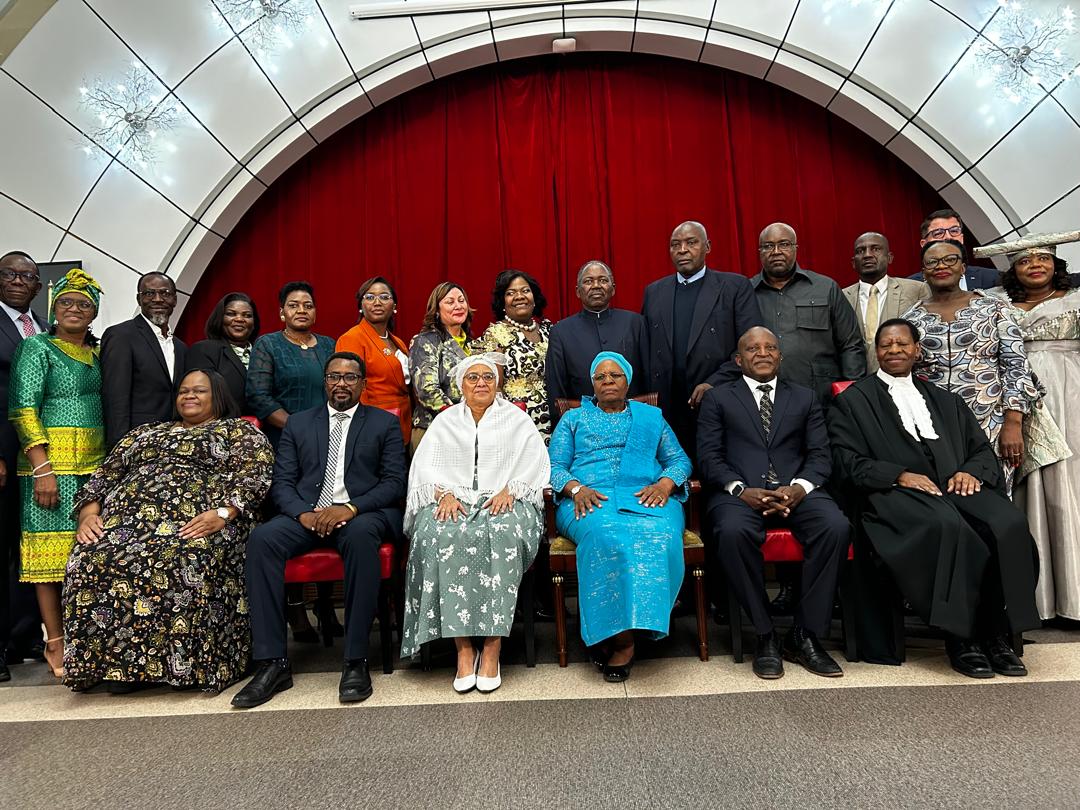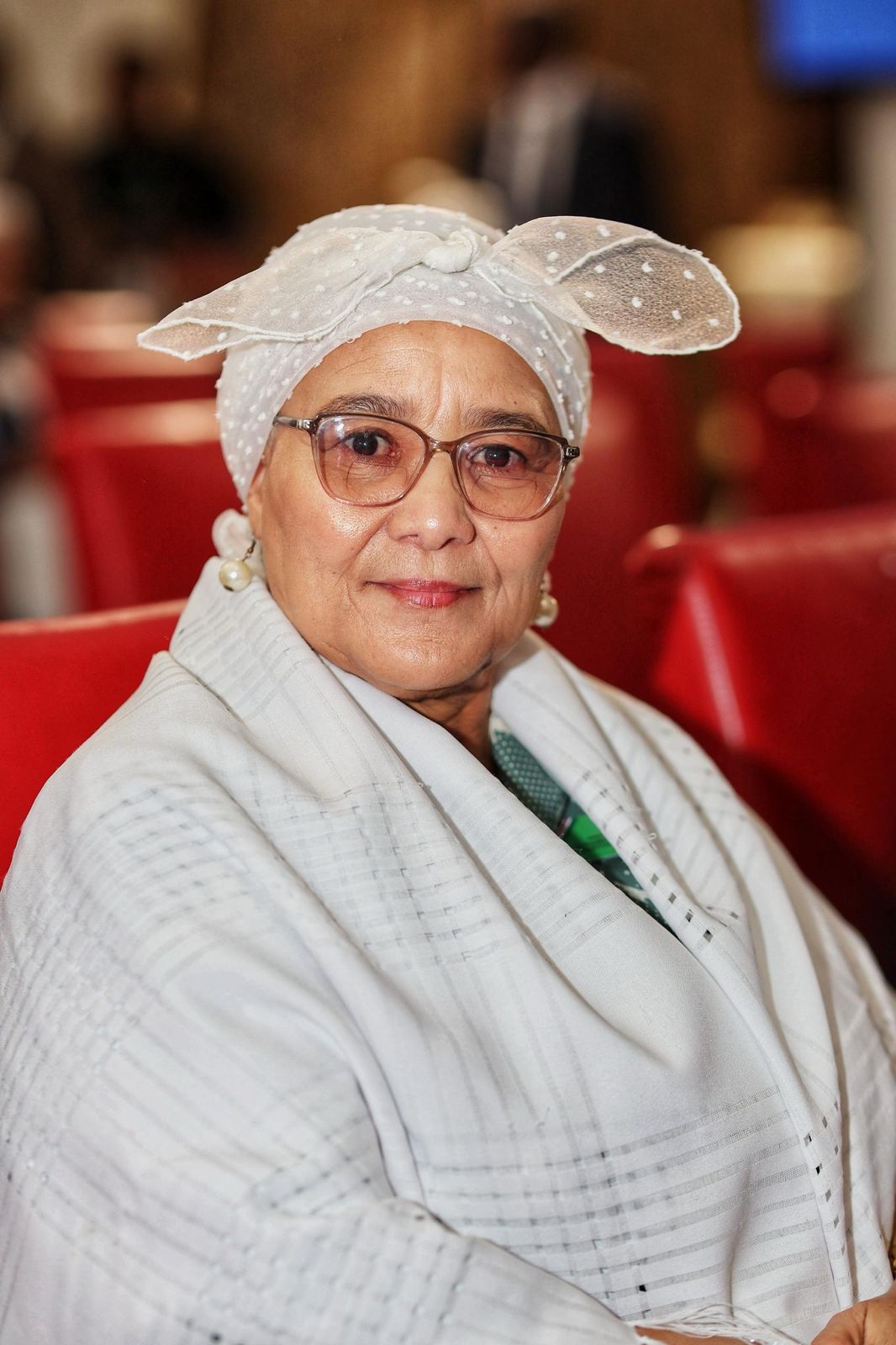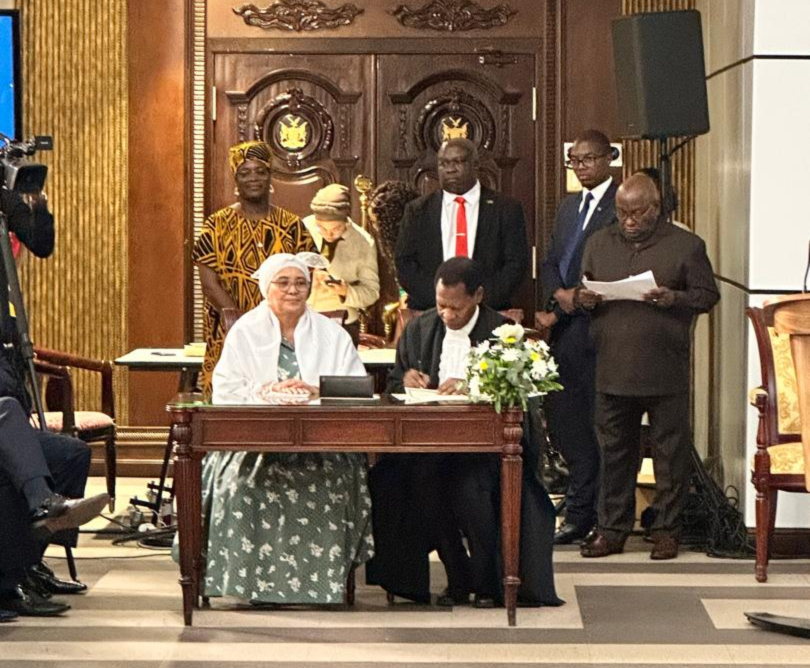While the current dispute between South Africa and the Trump administration raises big questions about our foreign policy, we should not forget who we are as a nation. How our government responds to US President Donald Trump could come to define us as South Africans.
he decision by the US government to declare South Africa’s former ambassador Ebrahim Rasool persona non grata because of comments he made about that government has sparked a huge amount of public commentary about how our government should respond.
While much of this is valid, useful and constructive, two eternal foreign policy principles should not be forgotten.
The first is that we do not have permanent friends, only permanent interests. The second is that foreign policy begins at home.
This means that how South Africa responds will be determined by our domestic politics and not just the rational dictates of economics.
The last two weeks have seen changes in international relations that were unthinkable only a month ago.
It took just one shouting match in the Oval Office for the EU to develop amnesia over what was previously presumed to be South Africa’s support for Russia.
Suddenly President Cyril Ramaphosa was hosting the two most senior leaders of the EU. Their motive was clear: they needed to bolster support for multilateralism and to find someone who could personify that.
South Africa may soon be seen by many other nations as “anti-Trump”. As previously pointed out, South Africa stands for diversity, equity and inclusion.
Trump hates all of those. And thus he hates what South Africa is and what it is striving to become.
The US has proven that there are “no permanent friends” for South Africa. We can presume that we will soon no longer benefit from the Agoa trade agreement and that Trump may act against us in other ways.
It is only because of the economic power of the US that this matters. Trump, and those around him, have done virtually nothing to make the US the economic power that it is, but they still swan about as if they are the lords of creation.
That said, the government’s job now is to work towards South Africa’s permanent interest, which is to create a better economy and more sustainable incomes for more people.
We need to find other trading partners (while 6.6% of SA’s exports went to the US — SA’s second-biggest trading partner — in January, this was overshadowed by the 11.7% that went to China).
This is why last week’s SA-EU summit was so pivotal. It suggests that we are looking for other trading partners.
This will not be easy and SA will have to find trade levers that can be used against the US.
While Mineral Resources Minister Gwede Mantashe has been castigated for his suggestion that Africa should perhaps ban the sale of its minerals to the US, his idea might look more attractive in the next few months.
SA’s limits
Then there is the “at home” that forms our foreign policy.
There are several principles which are non-negotiable for South Africa’s government and the majority of South Africans.
One of these is South Africa’s support of Palestine, engendered in part by the overlap between apartheid and Israel’s treatment of Palestinians.
More countries, including in Europe, are joining our genocide case at the International Court of Justice simply because of the sheer horror of Israel’s actions in Gaza.
Another non-negotiable principle is our belief in what Americans refer to as DEI — diversity, equity and inclusion. It is unlikely that there would be majority support in SA for the end of affirmative action.
The idea that everyone should be included is becoming hard-baked into our society — look at how often the line-ups of English-language broadcast media include people that reflect our major groups.
Of course, some things can change.
There is little evidence that many South Africans have a strong affinity for Russia. If it is presented that backing Ukraine means backing democracy, it would be relatively easy to change our public stance on this. (There is one party that supports both Russian leader Vladimir Putin and Trump. MK leaders routinely praise Putin, while the party released a statement welcoming the election of Trump).
Strength in diversity
That said, there are limits.
For example, several constructive voices have suggested that the government should appoint a person from a demographic that is acceptable to Trump to be our next ambassador to Washington.
In other words, a white man.
This leads to the suggestion that Tony Leon would be a suitable candidate. One can see why: he is a white man, he is Jewish, he is a former ambassador and he was Joel Pollak’s boss.
To Leon’s eternal credit, he can be trusted to stick to the government’s line. He can be very diplomatic, highly professional and incredibly disciplined. The government could trust him to do the job properly (if he chose to do it).
But — and it is a big “but”.
How is it that in 2025 we have to take into consideration the ethnic and racial identity of a possible candidate to be our ambassador to the US?
Just the fact this discussion exists is proof that Trump is winning. He is forcing us to do what he wants.
This is a sign of how difficult the next few years will be.
South Africa must stand up for the truth. While Rasool has been declared persona non grata for saying (correctly) that Trump is dog-whistling for white supremacy, US Secretary of State Marco Rubio has done exactly what Trump has done.
Read more: How SA can avoid stepping on diplomatic toes while dancing the Rasool rumba
As Joel Netshitenze pointed out, Rasool is being punished for calling them out.
It is worth reiterating: the only reason the issue is so consequential is because of the economic and military power of the US.
We need to remember something else: when different people from different groups work together they are greater than the sum of their parts. The US has been proof of this for many years.
What is starting as the forced removal of foreign nationals from the US will almost certainly turn inward, into a debate about who is “more American”.
This will be very destructive.
The best possible outcome for South Africa is to show that diversity is strength.
This is our permanent interest. It begins here. At home. DM
Stay informed with The Namibian – your source for credible journalism. Get in-depth reporting and opinions for
only N$85 a month. Invest in journalism, invest in democracy –
Subscribe Now!










